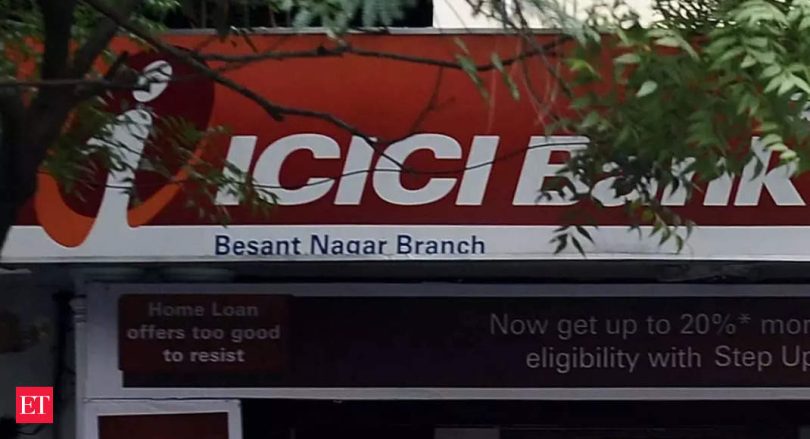[ad_1]
The proposed donation is the largest made under corporate social responsibility (CSR) by an Indian company towards cancer care. ICICI Bank will donate the money from its CSR funds to set up three new buildings spanning over a combined area of 750,000 square feet at TMC’s centres in Navi Mumbai, Mullanpur in Punjab and Visakhapatnam, and equip them with high-end radiology machines.
Out of the ₹1,200 crore, ₹460 crore will be earmarked for a new block at TMC’s Kharghar, Navi Mumbai, hospital. Visakhapatnam and Mullanpur cancer centres will get ₹390 crore and ₹350 crore, respectively. These centres will become regional referral centres for the southern and northern parts of the country. With modern equipment and specialised multidisciplinary teams, the three centres will provide advanced and evidence-based therapies to nearly 25,000 new patients a year.

TMC provides treatment to around 125,000 cancer patients every year, representing almost 10% of all cancer cases reported in India.
GC Chaturvedi, chairman of ICICI Bank, said the bank will be committing almost 50% of its CSR funds in the next three years to implement the initiative, which is likely to be completed by 2027.
“The infrastructure which is being added at the three hospitals …will provide timely and high-quality treatment to people in the region at highly subsidised costs,” TMC director RA Badwe said.
TMC, a grant-in-aid institute under the department of atomic energy, has been setting up a network of cancer care centres across the country including states like Maharashtra, Uttar Pradesh, Punjab, Bihar, Odisha, Assam and Andhra Pradesh. Setting up o new hospitals is funded by the central and state governments, Tata Trusts and other organisations.
“Each new cancer hospital would cost ₹600-₹650 crore,” Badwe said.
India witnesses around 1.3 million new cancer cases every year.
TMC follows a cross subsidisation model, where it treats about 60% patients for free, another 20% pay a 10%-15% mark-up, and the last 20% pay an around 60%-70% mark-up.
“With 80,000 new patients and 600,000 follow-ups, the recurring expenditure (on services) approximately is ₹330 crore annually, of which ₹270 crore is generated. We get a grant of ₹60 crore from the government,” Badwe said.
[ad_2]
Source link








